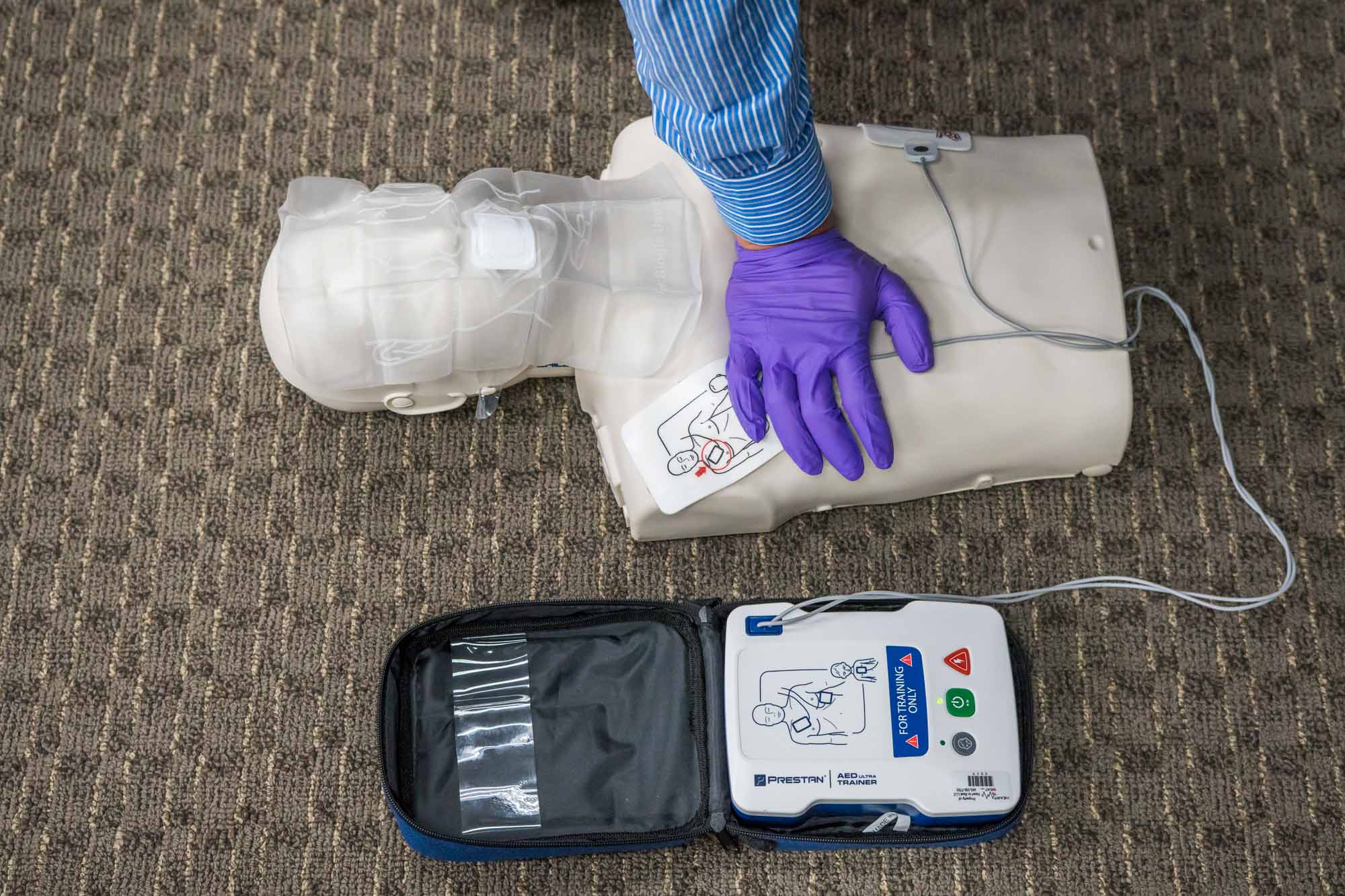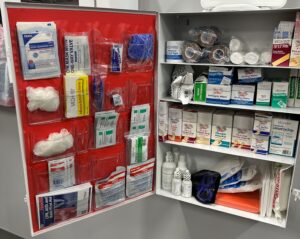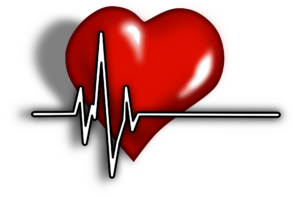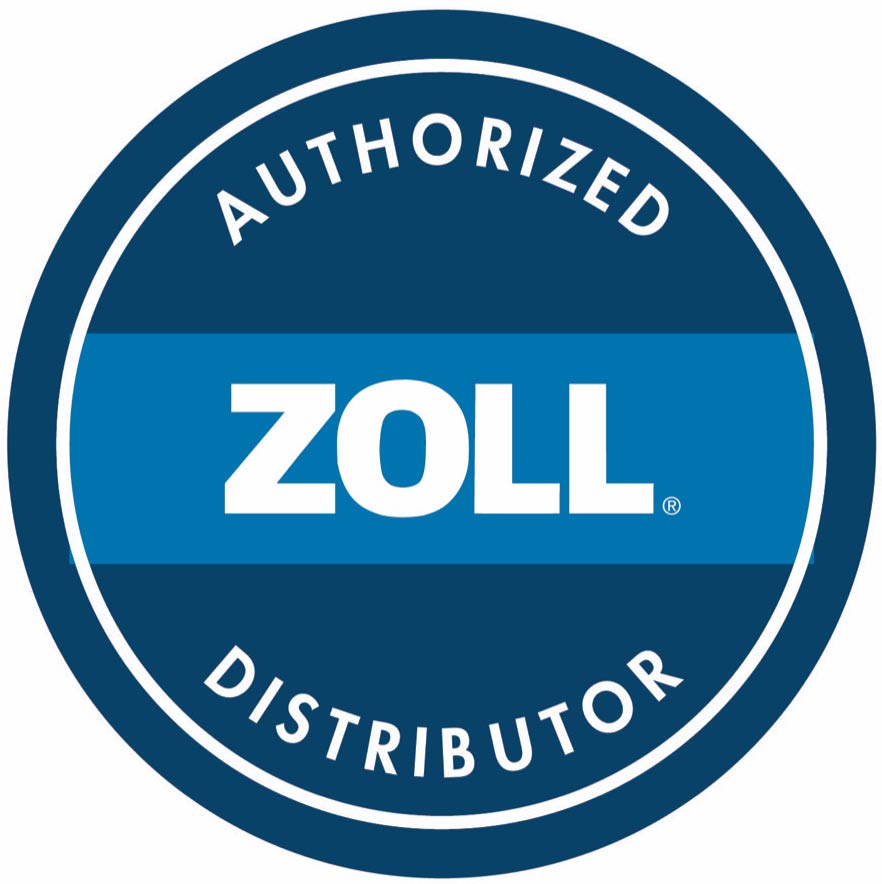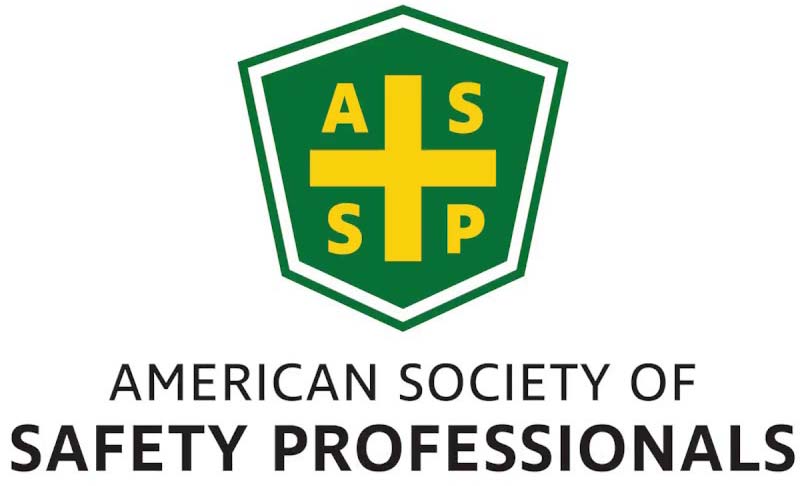Heart attacks are one of the most common medical emergencies in the United States. In fact, someone has a heart attack every 40 seconds in America. Because of how common cardiac arrest is, it’s important to understand the warning signs of a heart attack to better prepare yourself in case of an emergency.
Physical Symptoms of a Heart Attack
One of the most common symptoms of a heart attack is chest pain or discomfort. Most heart attacks involve discomfort in the center of the left side of the chest, typically lasting a few minutes or more. It is not uncommon for this pain to go away and then come back. Many heart attack victims describe the discomfort as an uncomfortable pressure, squeezing, fullness, or pain. In addition, pain associated with a heart attack is often reported in the jaw, neck, back, shoulders, and arms.
Another common symptom is feeling weak, light-hearted, and faint. This symptom is much more prevalent in women but can be seen in male heart attack victims as well. In addition, many women report feeling nauseous, light-headed, or inexplicably tired.
Many heart attack victims report shortness of breath. While shortness of breath may be associated with the tightness in the chest, it is often seen prior to chest discomfort.
What to if Heart Attack Symptoms Present
It is especially important that you act quickly if you believe you or someone around you may be suffering from a heart attack. The most important thing to do is contact emergency medical services by calling 911 or your local emergency number. If you are suffering from a heart attack, do not attempt to drive yourself to the hospital or emergency room. Wait for emergency medical services to send an ambulance, or get a ride from a family member or friend. If someone else is suffering a heart attack, contact emergency medical services on their behalf. If an ambulance is unable to reach the victim and you are able, drive them to the nearest hospital or emergency room.
If you have a history of heart disease and have been prescribed a vasodilator similar to nitroglycerin, emergency services may instruct you to take your medication while waiting for an ambulance. In addition, heart attack victims are often instructed to take Aspirin while they wait for an ambulance.
If the person you’re helping is unconscious, check to see if they are breathing and have a pulse. If the person isn’t breathing or you don’t find a pulse, begin CPR. If you haven’t been thoroughly trained in CPR, doctors recommend performing only chest compressions. If you have been trained in CPR, you may go on to open the airway and rescue breathing.
How to Prepare Yourself and Others for a Heart Attack
While you can’t predict a heart attack, you can ensure that you’re prepared to react in case of an emergency. Here are several ways you can make sure you’re prepared to save the life of a heart attack victim:
Obtain First Aid Training & CPR/AED/First Aid Certification
You know the old adage, ‘you’re only as good as your training’? Well, it’s especially applicable in regards to emergency preparedness! Taking the time to attend a first aid training and obtain proper CPR/AED/First Aid certifications can ensure that you know how to properly react in an emergency, such as a heart attack.
Invest in Safety Equipment Management & AED Program Management
If you’re a business owner or office manager, ensuring that your safety equipment and AED’s are up-to-date and properly inspected is extremely important. You never know when an emergency may occur, so it’s imperative that you’re always ready to respond. Make sure that first aid kits are properly stocked and that important information such as the address of the business are easily accessible should someone have to call an ambulance. AED’s need to be maintenanced monthly to ensure that they are in proper working order at all times.
Investing in a safety equipment management program that handles all necessary first aid and AED services can be a great option for many businesses. These comprehensive programs will ensure that you’re prepared for an emergency and take the responsibility of remembering to do monthly checks off of your plate.
Let Heart To Beat Help Ensure You’re Prepared for Any Emergency
Heart attacks can be very scary medical emergencies with potentially fatal outcomes. However, obtaining proper training and having access to adequate supplies can save the life of a heart attack victim. At Heart To Beat, we offer classes as well as management programs to help ensure that you and your business are prepared for any emergency. Contact us today to learn more!

